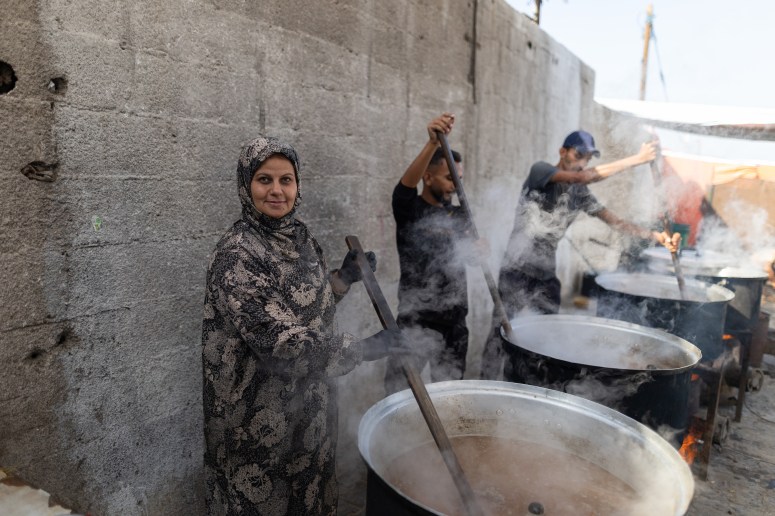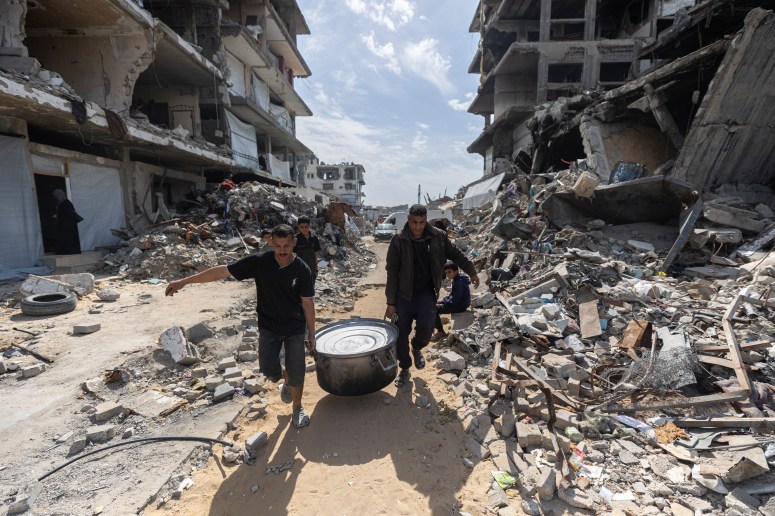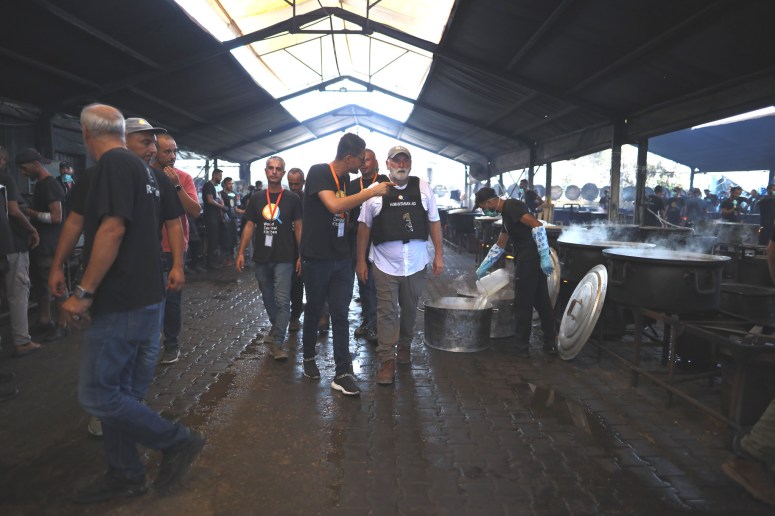Fueling Hope: WCK’s Cooking Solutions in Gaza
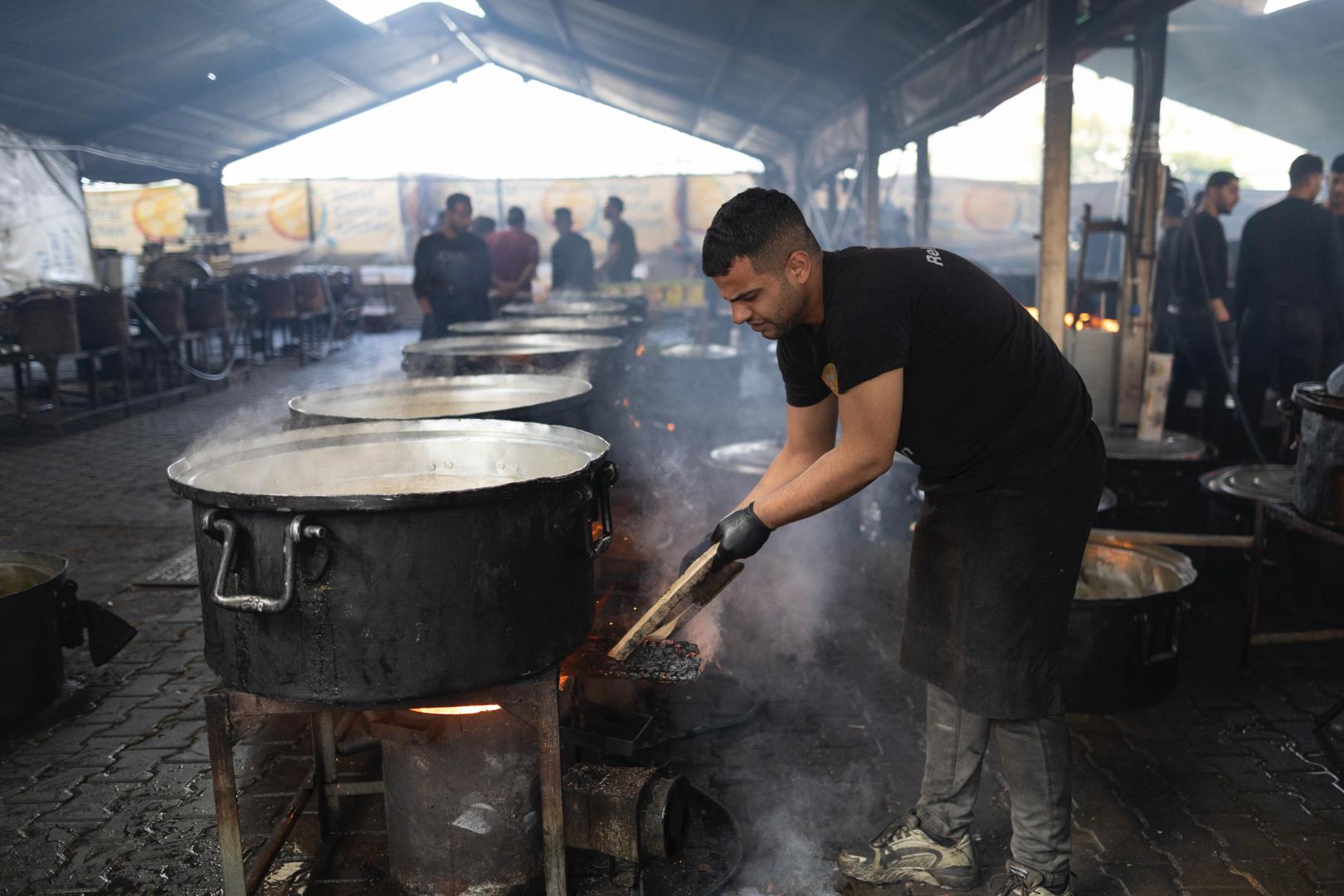
In Gaza, border entries have been closed to all shipments and aid since March 2, 2025, severely restricting access to essential supplies. While the future is uncertain, WCK teams have worked to figure out how to keep the fires burning and provide vital meals to families in need.
Every day, thousands of meals are prepared to nourish families facing unimaginable hardships. In Gaza, we are unable to access the eco-pellet fuel source for our stoves. That’sforced the WCK team to get creative– without fire, after all, there can be no cooking.
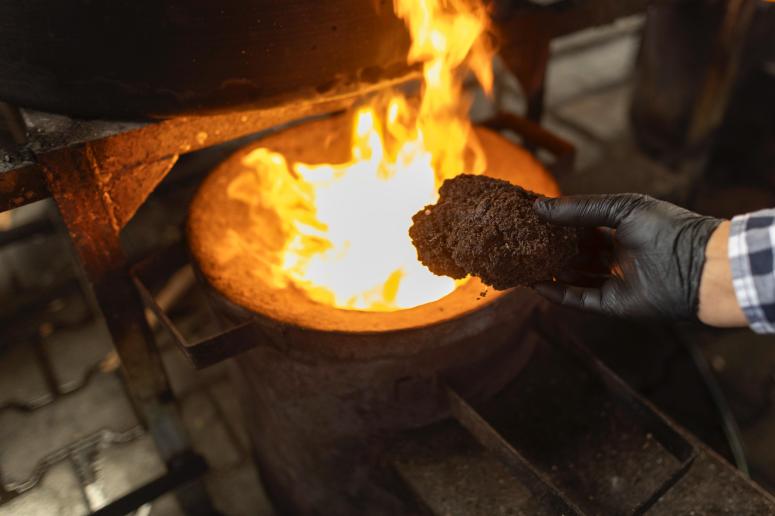
From Eco Pellets to Olive Husks
WCK’s journey to find sustainable fuel sources in Gaza began with the adoption of innovative, fuel-efficient stoves that eliminate the need for traditional fuels or electricity, which have been limited since October 2024. This breakthrough allowed the team to initially utilize eco pellets.
However, with the inability to import any supplies, these imported eco-pellets became increasingly scarce. The WCK team had to find ways to keep cooking. We turned to a more readily available alternative: wooden pallets previously used in transport. The team would break them down and mix them with the remaining pellets. News of this option spread across the organizations working in Gaza, and now, hundreds of wooden pallets were given to our kitchens by partners unable to keep working. They help keep the fires burning.
Still, we were committed to finding more sustainable solutions. Our team has begun locally procuring compressed olive husk. A byproduct of olive oil production, olive husk is a plentiful resource in the region. However, using it comes with its own set of challenges. Raw olive husk creates a lot of smoke, so it needs to be compressed into briquettes toburn cleaner. The team has limited ability to operate the compression machine, so we only have one ton of fuel from compressed olive husk per week – only about a tenth of WCK’s needs. Despite these limitations, Chef Mike Lund says that the team considers this a valuable resource in the face of extreme scarcity.
Sourcing and processing the olive husk also requires complex logistics. The team has adapted cooking methods to optimize the use of this new fuel, all while working tirelessly to ensure meals reach those who need them most.
